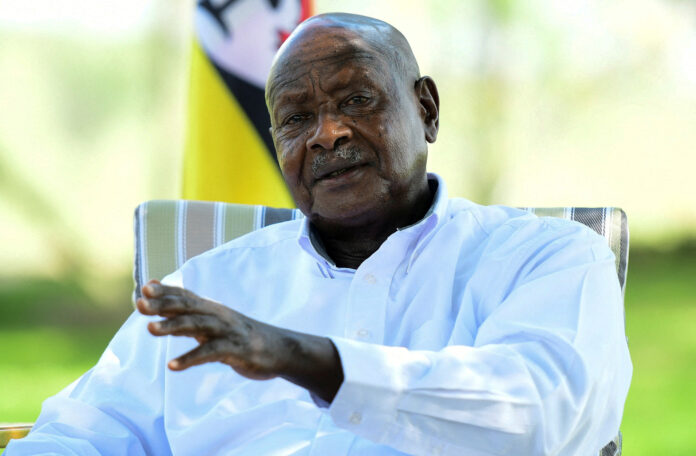
Uganda, a nation rich in culture and natural beauty, has unfortunately been plagued by persistent human rights violations. The violation of fundamental human rights undermines the principles of justice, equality, and dignity for all citizens. It is crucial to shed light on these violations, hold accountable those responsible, and work towards creating a society where human rights are respected and protected.
- Suppression of Freedom of Expression and Assembly:
The right to freedom of expression and peaceful assembly is vital for a vibrant and democratic society. However, in Uganda, we have witnessed a systematic crackdown on these fundamental rights. Journalists, activists, and opposition leaders have faced intimidation, harassment, and even imprisonment for expressing their opinions or organizing peaceful protests. Such actions stifle dissent and limit the space for open dialogue and constructive criticism.
- Impunity and Abuses by Security Forces:
Accountability for human rights abuses is essential for the rule of law and the protection of citizens. However, reports of excessive use of force, torture, extrajudicial killings, and arbitrary arrests by security forces in Uganda have raised serious concerns. The lack of transparent investigations and prosecution of those responsible for such abuses only perpetuates a culture of impunity and erodes public trust in law enforcement institutions.
- Discrimination and Marginalization:
Discrimination on various grounds, including ethnicity, religion, gender, and sexual orientation, persists in Uganda, hindering the realization of equality and social cohesion. Marginalized communities, such as the LGBT+ community and ethnic minorities, face discrimination, exclusion, and even violence. It is imperative to promote inclusive policies, challenge discriminatory practices, and protect the rights of all individuals, regardless of their background.
- Threats to Civil Society and Human Rights Defenders:
Human rights defenders play a crucial role in advocating for the protection of human rights and holding those in power accountable. However, they often face threats, harassment, and intimidation. Restrictive legislation, such as the NGO Act, imposes burdensome regulations on civil society organizations, impeding their work and limiting their ability to promote human rights.
Conclusion:
Uganda stands at a critical juncture where addressing human rights violations is imperative for the country’s progress and stability. It is crucial for the government, civil society, and international partners to come together to address these challenges. Steps should be taken to strengthen the rule of law, ensure accountability for human rights abuses, promote inclusive policies, and create an enabling environment for freedom of expression and peaceful assembly.
By safeguarding human rights, Uganda can cultivate a society where every citizen is treated with dignity, enjoys equal opportunities, and can contribute to the nation’s growth. Let us join hands to advocate for justice, raise awareness about human rights violations, and strive towards a brighter and more inclusive future for Uganda. The article writen by clinton mirrors